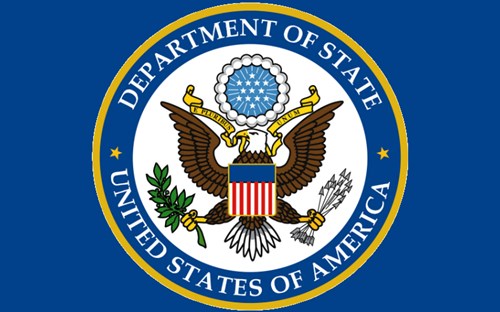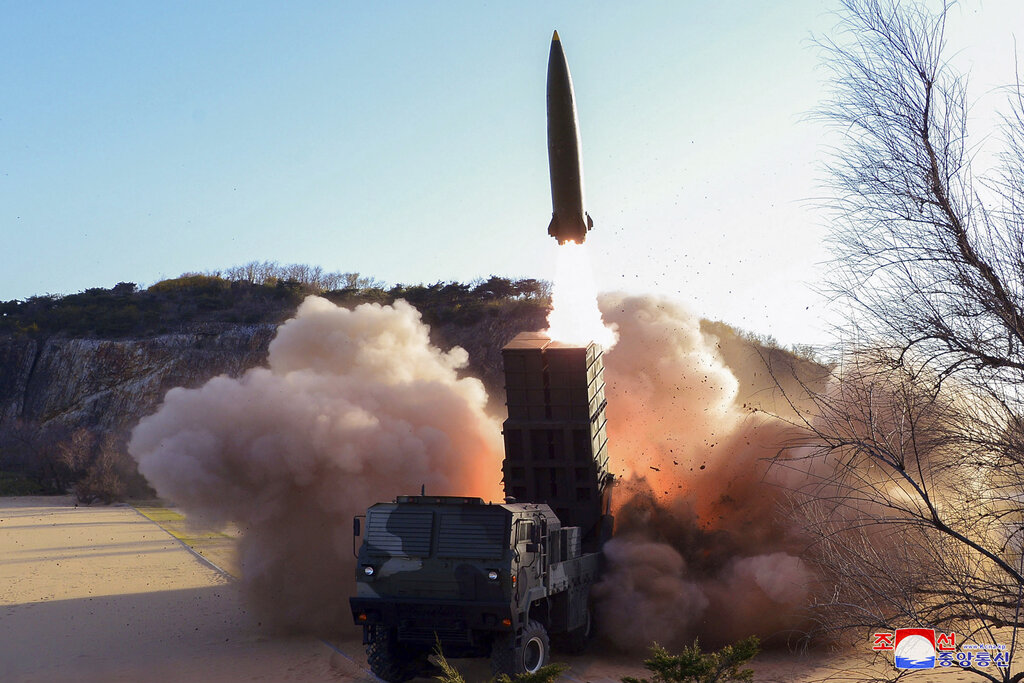Last month, Afghanistan's Hasht-e Subh Daily reported the death of a former translator who once served the U.S. military in America's longest war. The Afghanistan newspaper said the translator was apprehended by the Taliban's intelligence forces on January 21, and lost his life as a result of "brutal torture inflicted by the Taliban" in Konar province. The translator's body was found in the Sarkan district with "evident signs of torture."
News of the interpreter's death was shared secretly with American Family News by Ahmad Ehsan (a pseudonym). Ehsan is one of an estimated 62,000 Afghan interpreters and others who have sought a U.S. visa in exchange for working alongside U.S. forces prior to America's August 2021 withdrawal. By the end of 2021, nearly all of them were left behind to face the deadly wrath of the Taliban.
 Although he meets the requirements for the Special Immigrant Visa (SIV) program, Ehsan to date has had two applications for a visa denied by the U.S. State Department. The latest denial has been pinned to a failed polygraph which, as The Epoch Times reported, is mired by "extenuating circumstances." Those circumstances include the fact that the lie detector test was administered to Ehsan one hour after returning from a patrol because he "looked suspicious" to a contractor from Mission Essential Company (MEC) whom he had never seen before.
Although he meets the requirements for the Special Immigrant Visa (SIV) program, Ehsan to date has had two applications for a visa denied by the U.S. State Department. The latest denial has been pinned to a failed polygraph which, as The Epoch Times reported, is mired by "extenuating circumstances." Those circumstances include the fact that the lie detector test was administered to Ehsan one hour after returning from a patrol because he "looked suspicious" to a contractor from Mission Essential Company (MEC) whom he had never seen before.
Considering his prior encounters with the Taliban and his fear of suicide bombing attacks, Ehsan admitted that he had succumbed to being fearful on patrol, determining this was the reason for the failed polygraph test. Despite this, he was never afforded a chance to take the test again after "winding down a bit."
Instead, he finds himself hiding from the Taliban, hoping he does not meet the same fate as other interpreters who are tortured and killed for their service to the U.S. military. Living in fear, he remains "proud to have served with my Army people" – adding "[it was a fight] for our democracy, freedom of speech, human rights, and a fight against terrorism and extremism for a safe world."
He considers it "shameful" that the U.S. government left him behind after abruptly withdrawing all support for everything he and others had worked so hard.
"I feel very sorry for the death of any combat interpreters who lost their lives as a result of this war," Ehsan laments. "While I am very scared, I don't care about my life, but I do care about my family – especially my mom and dad [for whom] I am more afraid."
As he explains, his parents are fearful because the Taliban are actively looking for former interpreters or anyone who supported the U.S. mission over the 20-year war. "If they find my hiding place, they will kill me and my family," he shares.
And the silence from the federal government astounds Ehsan.
"For more than three years, I've been shouting for help and asking to be evacuated," he points out. "The U.S. Department of State and U.S. embassy [have kept] their ears deaf and their eyes blind." He concludes: "They don't care about their allies' lives, as God only knows how many interpreters get killed by the Taliban."
According to Ehsan, no media outlets are covering the plight of former interpreters – and human rights organizations are doing nothing to help. That's why he is pleading for the U.S. government to help every interpreter who served for the U.S. Army in Afghanistan.
"I am asking Congress to bring more pressure on [those who determine Special Immigrant Visa status], and to wake them up from sleep before it's too late to evacuate us from Afghanistan," he tells AFN.
"Sooner or later, we will lose our lives to the Taliban – and when that happens, the U.S. should know that they'll lose all trust and validity with their allies around the world."







